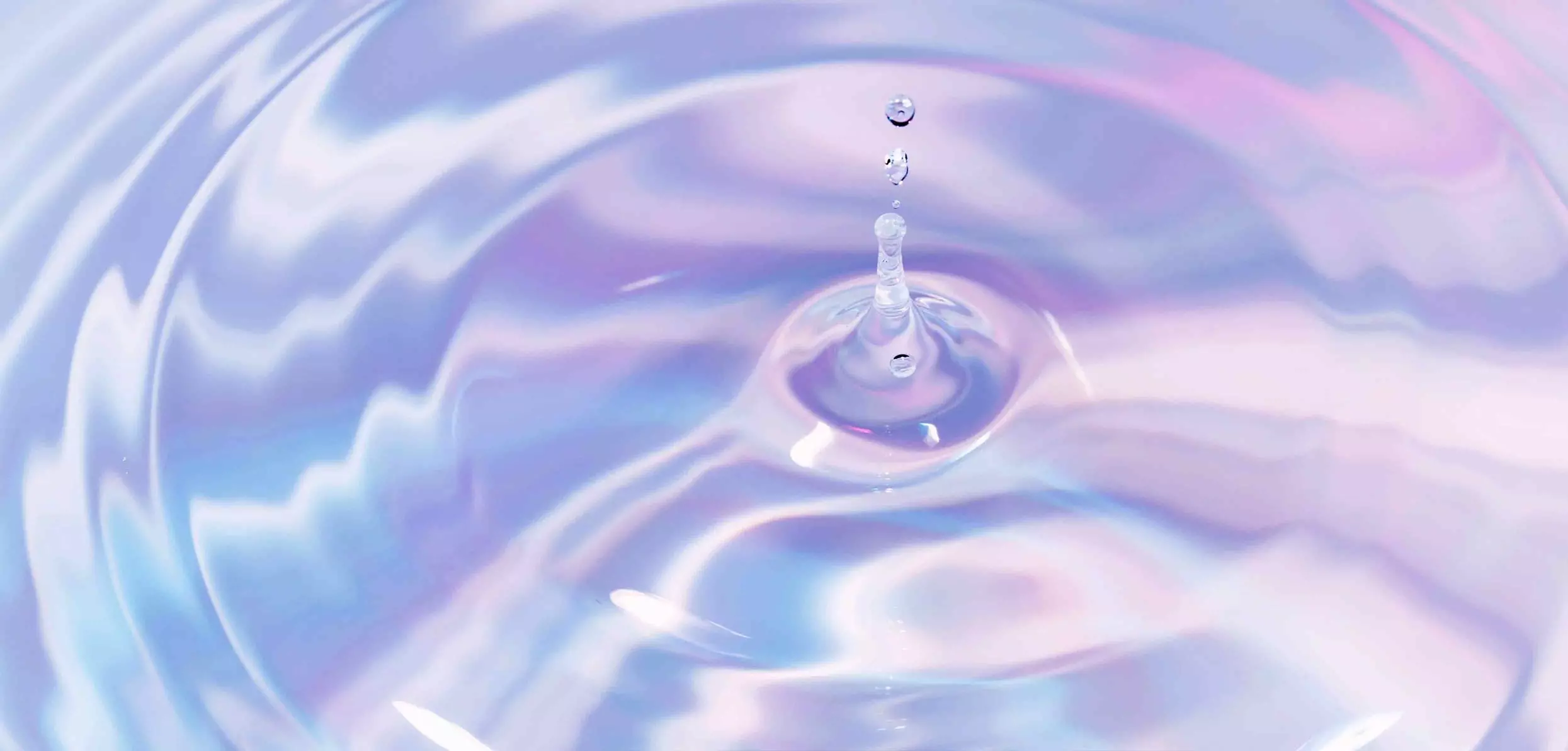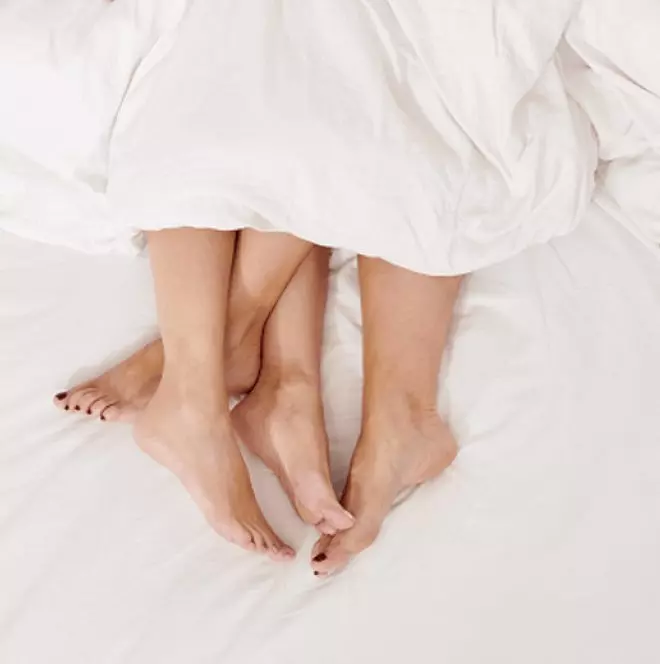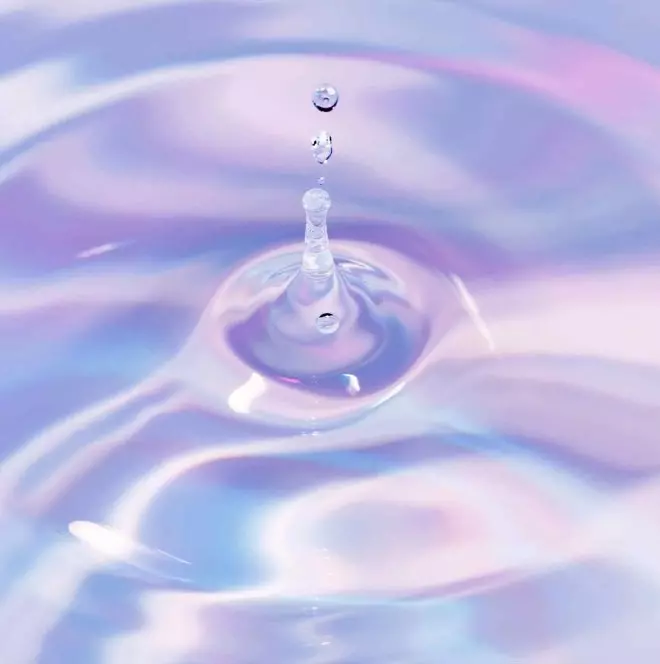
What Causes Vulvar And Vaginal Atrophy? Does It Cause Vaginal Dryness?
Menopause can cause a series of very uncomfortable vaginal changes. If you are noticing changes in your vagina including dryness, tenderness, and painful intercourse you are not alone. Vaginal and Vulvar Atrophy (VVA), also known as genitourinary syndrome of menopause (GSM), is likely what you are experiencing. VVA and/or GSM is the thinning, drying, and inflammation of the vaginal wall. It affects more than half of all menopausal women in the US yet the majority of them are unaware that it is a treatable condition.1-2
The thinning of the lining of the vagina has a medical term; it is called ‘vaginal atrophy.’ VVA/GSW is a result of decreasing estrogen levels during menopause. The decreased estrogen makes the vaginal tissue thinner, drier, less elastic, and more fragile. VVA/GSM is a prevalent, chronic, progressive, and painful condition.1-6 Unlike hot flashes that tend to get better as you move through menopause, vaginal atrophy only gets worse.
Vaginal atrophy is common as women age, occurring before, during, and after menopause. If you are in your late 30’s, the most likely cause of vaginal dryness and irritation is the normal drop in estrogen as you age. Estrogen has many jobs in the human body, but one of them is to keep the walls of the vagina moist and naturally lubricated.
When estrogen levels drop, the lining of the vagina becomes thinner and less elastic. Without hormone replacement therapy (HRT), one-third of women will experience vaginal itch, dryness, irritation, and even pain during sex (dyspareunia).8 Estrogen not only plays a critical role in vaginal health but also in a woman’s sexual health.
Estrogen replacement can return the vaginal lining to its normal youthful thickness and elasticity. Estrogen acts on the glands to help produce more of the natural vaginal lubrication that is present in younger women. Winona can provide simple, effective treatments to millions of menopausal women with VVA/GSM who could otherwise continue to suffer in vain from symptoms that can easily be relieved.
Symptoms of VVA/GSM include:1-4
Vaginal pain and/or bleeding with sexual intercourse.
Vaginal dryness, burning, soreness, discharge, irritation, and/or itching in and around the vagina.
Pain or burning with urination (aka Dysuria).
Urgency and frequency of urination.
Recurrent urinary tract infections (UTIs).
Urinary incontinence.
Vaginal Infections.
Low sexual desire
Of the millions of women suffering from VVA/GSM only 7% are being treated with prescription therapies that can improve the symptoms quickly. Women are often hesitant and embarrassed to discuss their symptoms with their doctor and may just resign themselves to living with VVA/GSM unnecessarily. In a survey of more than 3,000 menopausal women who had VVA/GVM symptoms, only 50% asked their healthcare provider about their symptoms and more than half were unaware that any treatment was available!7
Vaginal Dryness Remedies

The good news is that many vaginal dryness treatments will help in preventing and treating vaginal irritation.There are vaginal dryness remedies and ways to prevent and treat it very easily.
The main reason why you may be experiencing vaginal dryness and vaginal atrophy is reduced estrogen levels due to peri- and menopause. But it can also be due to acne medications, hormonal contraceptives, yeast and urinary tract infections, nutritional imbalances, STDs, and even waxing/shaving irritation that can upset the natural balance.7,8 Be sure to talk to your doctor or Winona provider about the other possible causes of your discomfort.
The most common and natural treatment for female dryness, due to low estrogen levels, is topical estrogen creams. These creams act as a natural vaginal moisturizer and replace some of the estrogens your body is no longer making. Creams require lower doses than if a woman is taking oral estrogen pills, so it is a great female dryness cure. Estrogen creams have been shown to relieve vaginal menopause symptoms, reduce urinary tract infections, and urinary frequency and incontinence, which will undoubtedly improve the quality of life for women.9
Estrogen not only plays a critical role in the vagina but also in sexual health. Preventing vaginal dryness, itch, irritation, and or pain during sex (dyspareunia) with estrogen replacement is a great form of preventative medicine, and can reduce bladder problems, infections, and other urogenital symptoms.8
Urinary incontinence, when you pee when you don’t mean to (cough, sneeze, laugh) can cause vaginal irritation which estrogen replacement can often improve. By reducing bladder problems, infections, and other urogenital symptoms by taking estrogen, the vaginal irritation can be reduced as well.
Estrogen creams are a great way to remedy feminine dryness and have been shown to relieve the symptoms, reduce urinary tract infections and incontinence, and improve the quality of life for women.9
Prevention of vaginal irritation is as simple as adding estrogen back into the mix by using either estrogen creams, patches, or pills all of which Winona offers for this exact purpose.
Say goodbye to dryness. For Good.

Essential Remedies You Can Try At Home
Vaginal dryness is rarely serious, and if estrogen creams or prescriptions are not your natural cure for female dryness, there are other ways to help treat it with natural vaginal moisturizers.
Over-the-counter lubricants that can be applied to the vaginal area to reduce dryness and discomfort. These lubricants and moisturizing creams can also change the vagina’s pH, reducing the likelihood of getting a UTI.
Some store-bought lubricants can lead to drying out the vagina, even more, so be sure to look for lubes that promote vaginal hydration.
Certain vitamins may help promote natural lubrication like vitamins A, B, and E. These vitamins are found in foods like vegetables, nuts, seeds, and healthy fats.
Hyaluronic acid is a molecule found naturally in your skin and helps keep it moist. It is available as a topical gel and can help vaginal dryness in postmenopausal women.
Exercise, a balanced diet, and sufficient sleep will all help improve vaginal irritation and dryness.
If a yeast infection is the cause of vaginal irritations, OTC treatments should help relieve symptoms quickly.
Refrain from douching.
Vaginal products shouldn’t contain perfumes, herbal extracts, or artificial colors. These can cause irritation and contact dermatitis. Contact dermatitis can occur when trying a new soap, bubble bath, or underwear. The wrong ingredients can leave you with dried-out, flaky skin, or a rash. Perfumed or colored pads and tampons, condoms and lubricants, shaving products, and toilet paper also lead to dryness.
Vaginal discomfort due to eczema or psoriasis should be treated in person with your medical provider. A prescription for an oral pill or topical cream may be appropriate.
Sexually transmitted diseases don’t always cause vaginal itching and dryness but it may be a first sign that something is not right. If symptoms progress to sores and pain you should visit an ob-gyn for a vaginal culture.
These are things that you can try to reduce the symptoms without a prescription. One easy way to help yourself is through your diet. Drinking lots of water and eating a healthy diet rich in omega 3 fatty acids and proteins can certainly help relieve symptoms.
Tips On How You Are Going To Talk With Your Doctor
When visiting the doctor, this can be an embarrassing topic to bring up. There are a couple of things you can do to help. The first is to write down what you want to discuss so that you don’t forget or get flustered. Please remember that while you may feel embarrassed, this is what doctors do. The Winona physicians are specially trained to discuss your most important concerns and will ask for clarification if there are any doubts.
Don't wait to be asked. Raised relevant concerns as much as you can. Vaginal irritation is an extremely common problem for women approaching menopause and beyond. There are many options to choose from that are easy, healthy, and safe to optimize vaginal health and lubrication. Seek help if the vaginal discomfort lasts beyond a few days or if you experience discomfort during sexual intercourse. If left untreated, vaginal dryness can cause sores or cracks in the vagina’s tissues.10
Conclusion
While menopause is a normal phase of life, there are ways to treat the often-chronic symptoms that result from menopause like vaginal irritation, dryness, and vulvar atrophy. Winona encourages women to try various treatment options whether it's HRT, diet, or lifestyle changes to identify what works best for them. Remember, menopause is a positive beginning, with the opportunity to take preventive action against major health risks linked to the decreasing hormones associated with menopause.
Vaginal irritation and vulvar atrophy is an extremely common problem for women approaching, in, or even beyond menopause. There are many options to choose from that are easy, healthy, and safe to optimize vaginal health and lubrication. Seek help if the vaginal discomfort lasts beyond a few days or if you experience discomfort during sexual intercourse. If left untreated, vaginal dryness can cause sores or cracks in the vagina’s tissues. If the condition is accompanied by severe vaginal bleeding, seek immediate medical attention.
Vaginal lubrication is a key aspect of overall vaginal health and sexual satisfaction. The most common cause is estrogen deficiencies, which can be remedied with hormone treatments in the form of tablets, patches, and creams. Winona provides all three options.
The good news is that peri- and menopause have been studied for over 30 years and it is clear that estrogen therapy is the most effective treatment for vaginal dryness.
Whether experiencing severe or minor symptoms, Winona can provide simple, effective treatments to millions of menopausal women with VVA/GSM who could otherwise continue to suffer in vain from symptoms that can easily be relieved. Natural remedies like HRT may help ease the vaginal symptoms of menopause. If women embrace their evolving bodies by providing the nutrients their body needs, they can move through this sometimes precarious phase with grace and wellness. It is time to have the conversation and end the unnecessary pain and discomfort.6-8
Winona offers our female patients a unique experience. Winona’s healthcare platform is a place to safely connect with a healthcare provider to receive care, to ask difficult and maybe even embarrassing questions. Winona is not just a site to get a quick prescription. The decision to treat and whether to prescribe a product available through Winona is up to the patient and their Winona affiliated providers who are all licensed, board-certified, and never financially motivated to prescribe.
Winona is proud of our doctors, providers, and scientists who work tirelessly to treat all of the symptoms of menopause in the most effective way. That treatment might be a prescription or it could be one of our many over-the-counter treatments, but it will be the treatment that the patient and their doctor devise together.
“This article is for informational purposes only and does not constitute medical advice. The information contained herein is not a substitute for professional medical advice. Always talk to your doctor about the risks and benefits of any treatment.”
Say goodbye to dryness. For Good.

References:
Wysocki S, Kingsberg S, Krychman M. Management of vaginal atrophy: implications from the REVIVE survey.
Clin Med Insights Reprod Health.
2014;8:23-30.
Chen L, Ng M, van der Vlugt TH, Price PH, Orencia A. Statistical considerations for the efficacy assessment of clinical studies of vulvar and vaginal atrophy.
Ther Innov Regul Sci.
2010;44(5):581-5881. Mac Bride MB, Rhodes DJ, Shuster LT. Vulvovaginal atrophy.
Mayo Clin Proc.
2010;85(1):87-94.
The North American Menopause Society. Management of symptomatic vulvovaginal atrophy: 2013 position statement of The North American Menopause Society.
Menopause.
2013;20(9):888-902.
Kingsberg S, Krychman M, Graham S, Bernick B, Mirkin S. The women's EMPOWER survey: identifying women’s perceptions on vulvar and vaginal atrophy (VVA) and treatment.
J Sex Med.
2017;14(2):413-424.
Kingsberg SA, Wysocki S, Magnus L, Krychman ML. Vulvar and vaginal atrophy in postmenopausal women: findings from the REVIVE (Real Women’s Views of Treatment Options for Menopausal Vaginal Changes) survey.
J Sex Med.
2013;10(7):1790-1799.
Parish SJ, Nappi RE, Krychman ML, et al. Impact of vulvovaginal health on postmenopausal women: a review of surveys on symptoms of vulvovaginal atrophy.
Int J Womens Health.
2013;5:437-447. 8. IMS SDI’s Total Patient Tracker; Annual 2016.
https://www.mayoclinic.org/diseases-conditions/vaginal-atrophy/symptoms-causes/syc-20352288
https://www.womenshealthmag.com/health/a19916630/itchy-vagina/
https://www.webmd.com/women/guide/vaginal-dryness-causes-moisturizing-treatments
https://www.insider.com/vitamins-to-increase-female-lubrication



